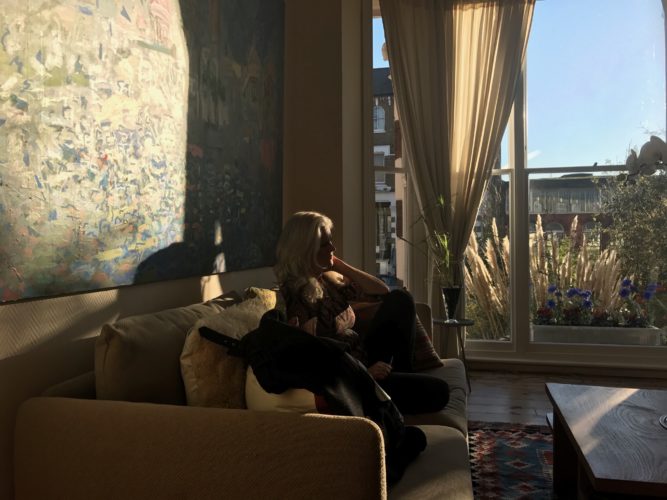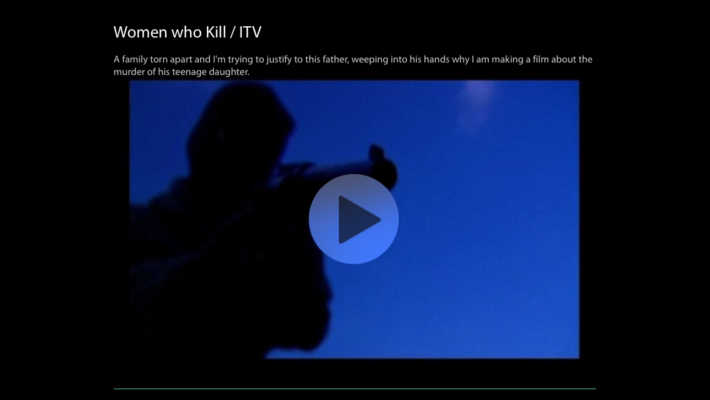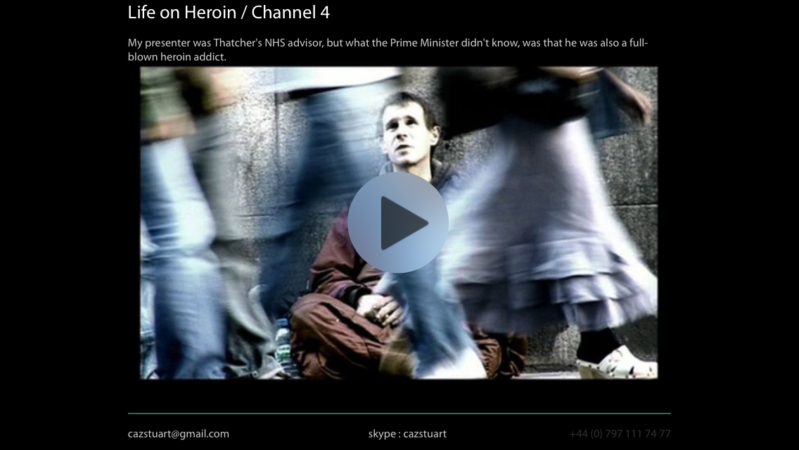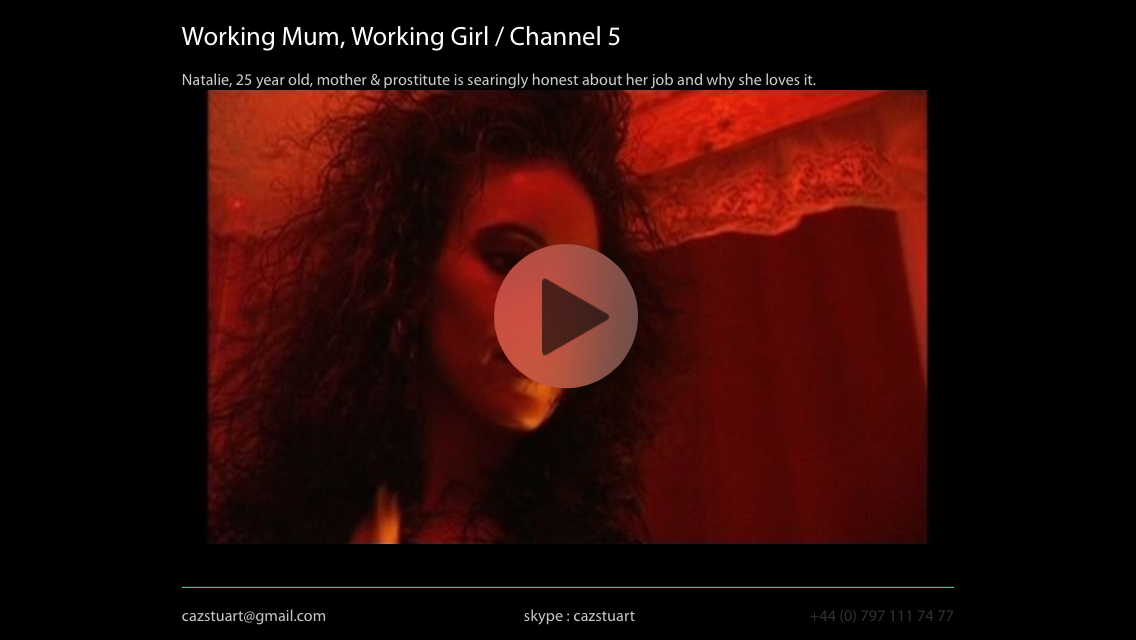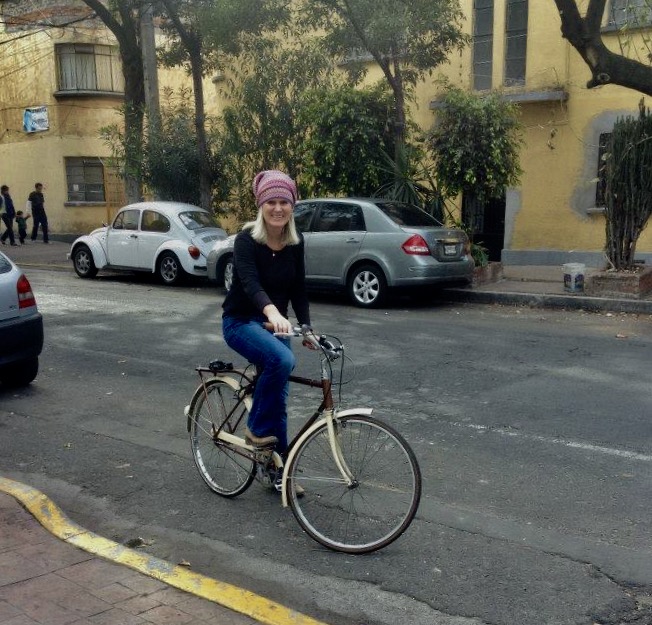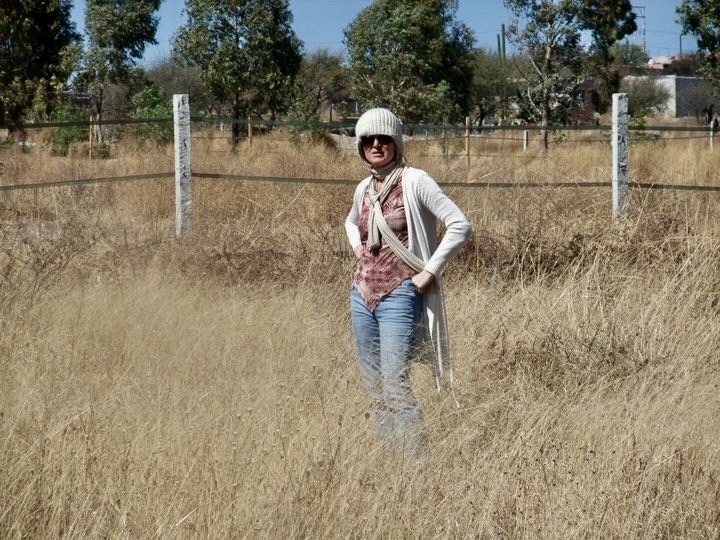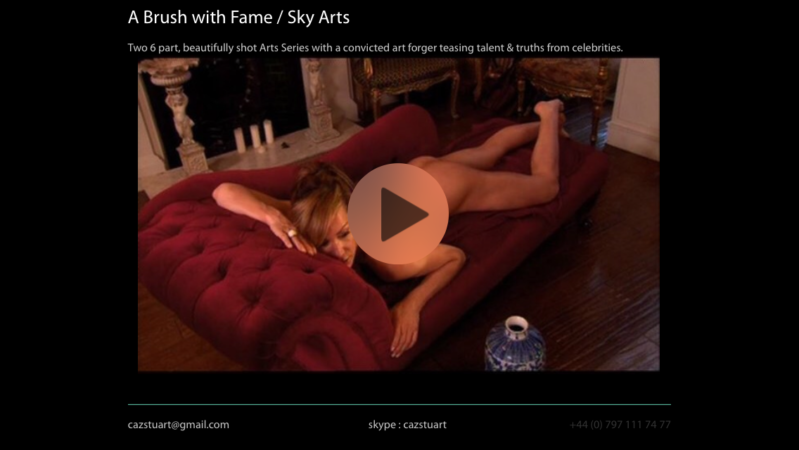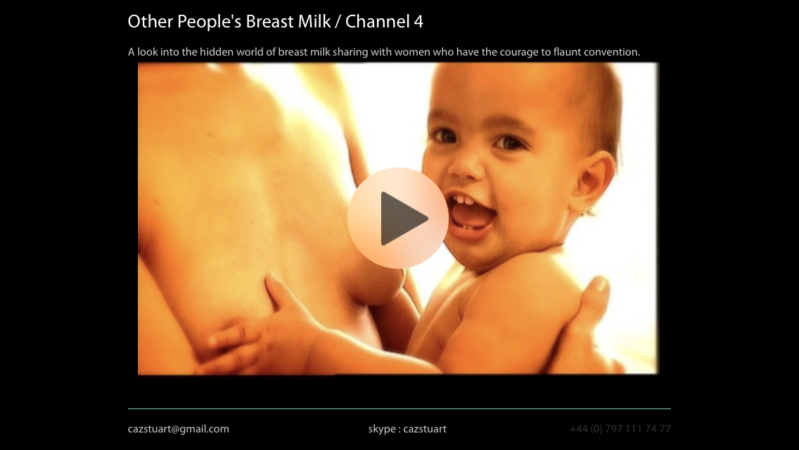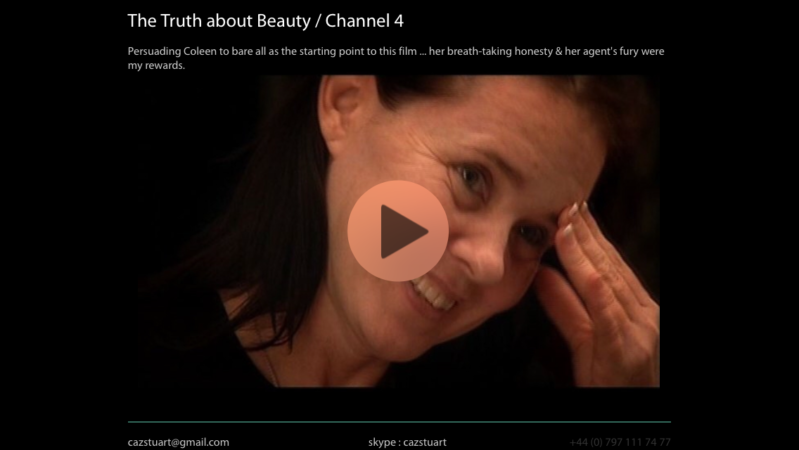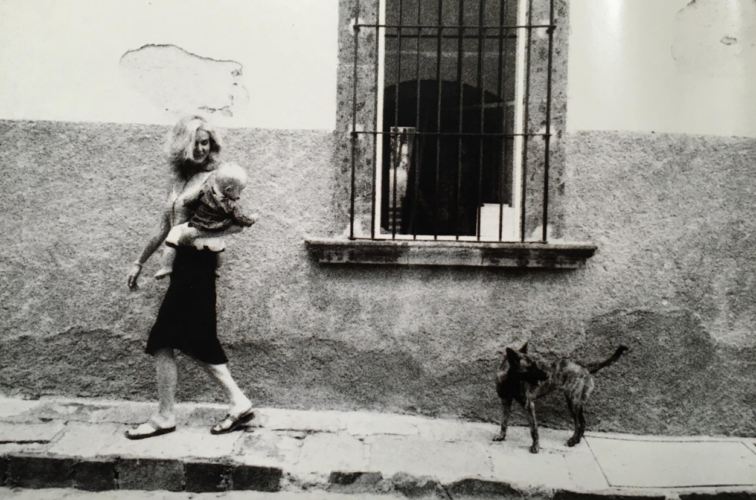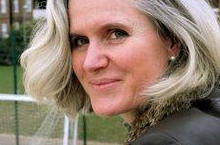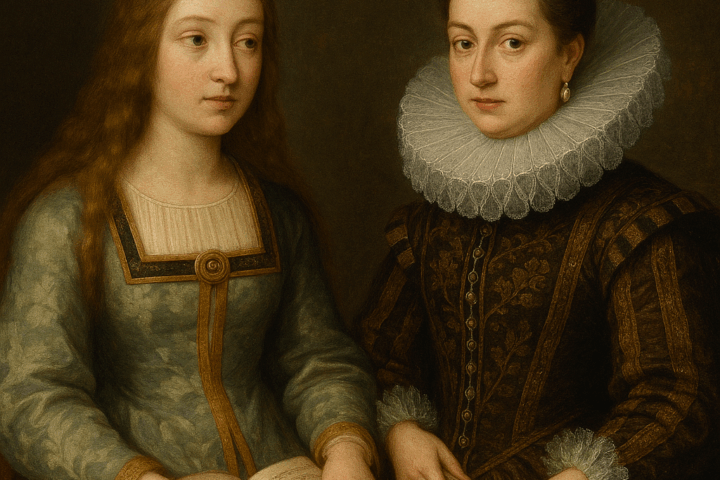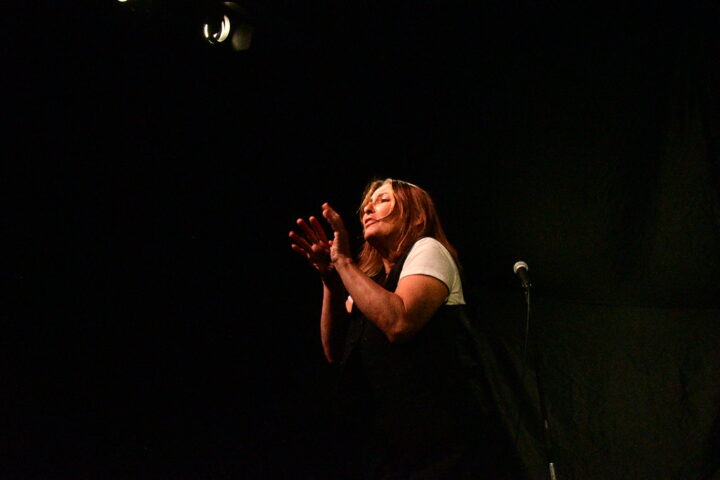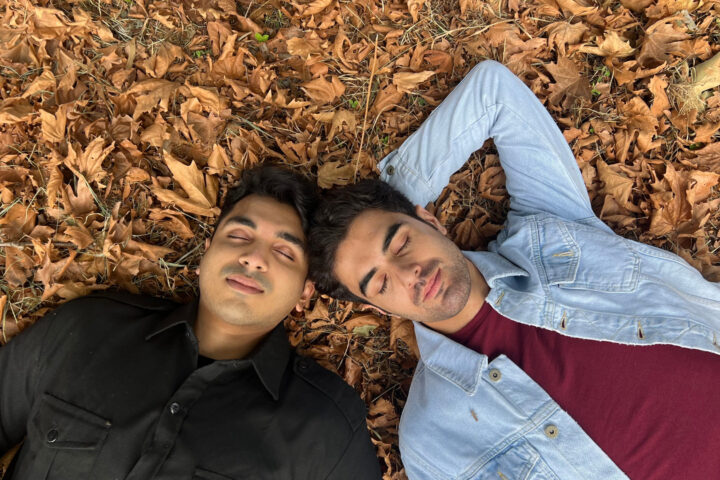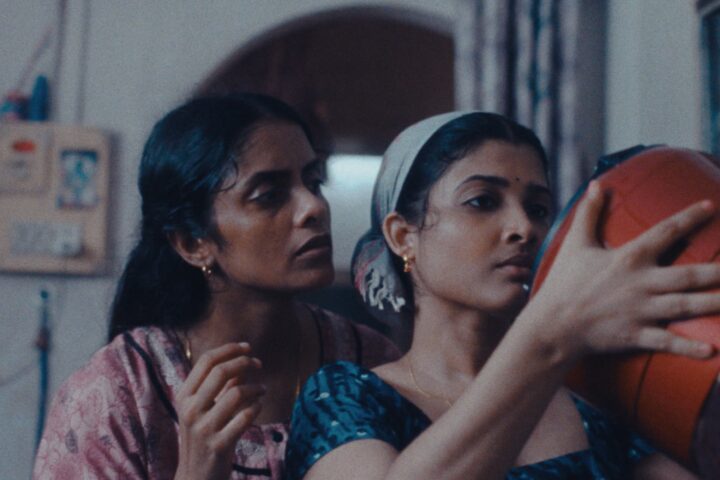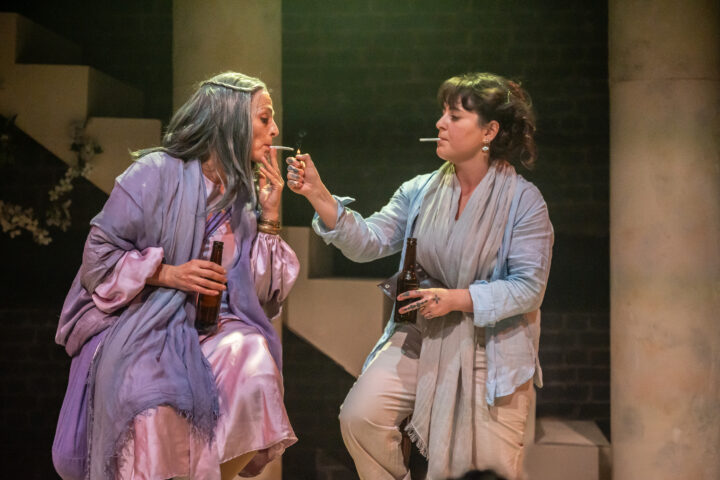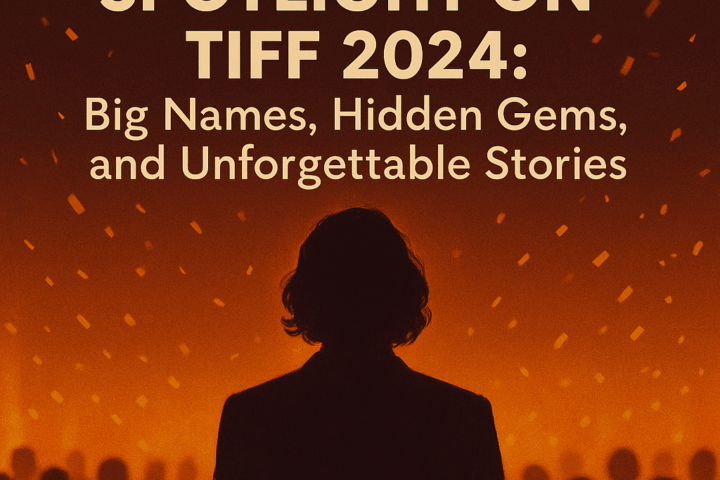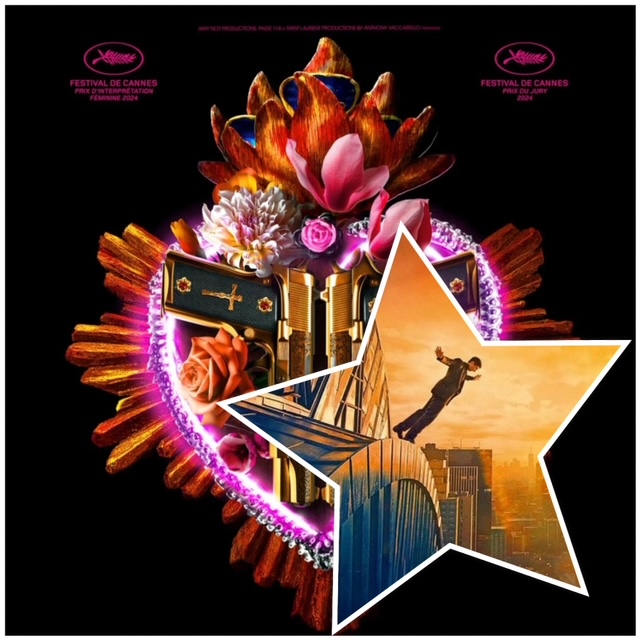Interview with Caz Stuart
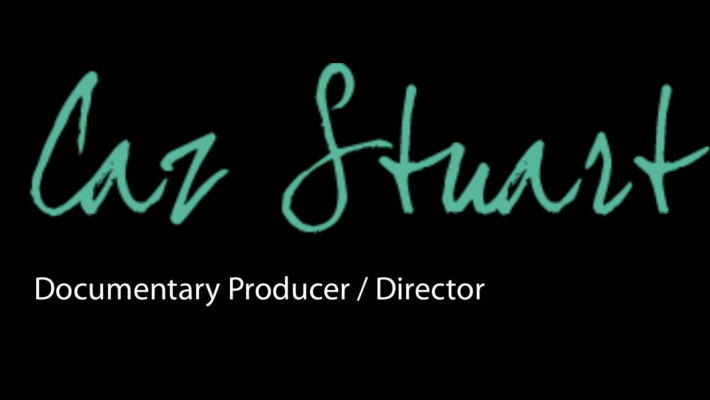
Interview with Caz Stuart | Award-winning documentary film maker
You have directed and produced many documentaries for Channel 4 and ITV. Which did you find the most challenging and which the most rewarding?
The most challenging documentary that I worked on was about female murderers - entitled ‘Women who Kill’, a one hour one off for ITV. Firstly, it was difficult to gain access to family members of the deceased who quite understandably did not want to speak of the crime which tore their family apart. Part of my job was to justify why a TV company was making the film and bringing up old wounds. I remember very well how the father of a murdered teenage girl sat crying in front of me, begging me not to make the film at all. It was a difficult moment.
Reconstructing murders posed its own challenges too - not being too graphic whilst trying to make the scenes realistic. Challenging too was securing an interview in an American prison with a murderess - I had very limited time with her and knew that I had to get all the answers in one, one hour session.
It was a very emotional film to make but one positive outcome was that the man behind one of the murders (who got away scot free), through my film was exposed as cruel, controlling and manipulative. In fact, years later a woman contacted me. She’d seen the documentary and was worried about her friend who was in a relationship with the same man. She made her friend watch the film and through seeing him for what he was, her friend found the courage to get away from him.
The most rewarding film I made was about heroin addicts in which I argued why all drugs (including heroin and cocaine) should be available on the NHS - just as they are in some more forward thinking parts of Europe. 80% of our prison inmates are there for drug related offences - and any police officer will agree that our drugs policy is a disaster. I learned a lot while making this film, in fact I changed my mind completely about drugs. I thought one thing before researching and the exact opposite by the end of making the film once I understood the facts; my feelings about drug addicts changed from contempt to compassion.
What is your mission as a film director?
My mission is to make thought-provoking films which inform and educate people and make the world a more tolerant place.
Can you name some causes close to your heart?
I’m a socialist at heart and believe passionately in equality - particularly equality for women all over the world.
What path did you follow to find your career in film making?
After leaving university and travelling the world for about 3 years, I became PA to the boss of an animation company and realised that I wasn’t going to get any further along the creative path that way - although doing that job taught me the value of precision in the business world. I then tried to get into the BBC - another valuable lesson - make sure you know all about the company you are applying to get a job in and that you’ve practised your interview technique. I failed miserably in my interviews - so I was advised to get more practical skills in filmmaking. I did an MA in Advanced Documentary at Goldsmiths’ University - University of London where I learned film theory, how to edit, how to light and shoot and after a year received a double commendation for my film and dissertation.
I believe that going back to college after you’ve worked in the real world is a huge advantage. You’re naturally more organised and more motivated than those students who haven’t worked - including Oxbridge graduates. For the next 2 years I made short films for charities and councils and a newly formed cable tv company, then found my way into paid work and got a job as an Assistant Producer at the BBC on a popular youth current affairs programme. (I’d rehearsed my interview techniques by this time) 🙂
I was presenting and making 6/7 minute films for a weekly BBC2 series and after the contract finished I went on to work in different production companies on a variety of programmes. I’ve always been freelance - and while that has its own challenges, the advantages are that you’re never involved in office politics and you only work on projects which really interest you.
What would you say are key personal qualities for a film producer?
Being organised and clear, being efficient, being honest, knowing who can tell a story well (ie which interviewees to choose). Never committing to something you’re not sure of and never being afraid to ask for help or advice. Being supportive with colleagues and being a good team player - every film is a collaborative process, being a director means exactly that - directing others to get the best out of them too.
Is your work full-time? Or are there intensive bursts of work followed by quiet periods?
I’ve generally found work pretty consistently - maybe with a month or so down time - I like to take at least a few months off in the summer to be with my son and when he was younger I would rent out my flat and go to Mexico for a year at a time because for me, working nonstop in London is not how I want to live.
Can you describe “a day in the life of a film producer”?
I’m a Producer Director and I work in TV. There are 3 distinct stages to my work
1) research and setting up the film2) shooting 3) the edit
In the research phase, generally 4-6 weeks, I get to work between 9.30-10 and have a small team of researchers to organise. We all work together finding interviewees and locations for the story we are trying to tell. Like I say, it’s a very collaborative process and I’ve mostly been very lucky to work with people who are excellent at their job and have been able to guide those who are not so experienced. We call people and will go and recce locations and interviewees. I leave work around 6.30pm and we generally eat our lunch in front of our computers - not very healthy or glamourous!
The shoot generally takes around 2-3 weeks and these are the longest hours. Although planning the shoot carefully and being realistic about how long things take makes for a happy crew.The edit takes around 6 weeks for an hour doc - I get to work around 9.30am and leave around 6.30pm. Many people work later than that - but as an experienced director I make sure we work manageable days.
If you work on a particularly harrowing topic, how do you deal with the powerful emotions this may stir up?
I’m a strong person and I try to keep a distance between myself and the subject matter - but if I’m getting upset about something I comfort myself with the fact that by making the film at least the bad situation we are dealing with, will be made a little better.
Do it! It’s a wonderful industry and definitely worth dedicating your life to. There are many different paths within the industry - from factual TV to internet to feature films .... be sure which part of the industry you want to work in and don’t give up till you’ve got there. We all start out at the bottom - the only way is up!
I believe you speak German, Spanish and French in addition to your native English. You seem a true European. Are you worried for the future of Europe?
I was devastated by the Brexit vote - we are all worried about its future - but the film and communications industry gives people hope because it provides a voice for the disaffected. I feel proud that Europe is at the forefront of democracy and free speech, and that to some extent my industry helps maintain that.
Do you sometimes work in Spanish?
I do sometimes work in Spanish, especially when I’m living in Mexico. I also worked for a couple of years on a travel series called Lonely Planet and Spanish came in very useful when working in Ecuador, Guatemala and Mexico.
You live between London and Mexico. Why Mexico? What attracts you there?
Mexico is the opposite of London. It’s disorganised, hot and passionate. I love the spontaneity of life there. I talk about different things with my friends there and I feel freer there.
You produce a lot of work on women. Do you think it is still difficult for women to succeed in the West?
In short - yes! Having children generally stops women from reaching the heights because they will be looking after the children even if they keep their careers. Women are paid less, yet, in my experience, we work harder than men and our struggle is greater than theirs, all over the world. I was struck by a male lecturer at my university in Bristol standing in front of a packed lecture theatre telling us that if he were a woman - no matter what he was saying - we’d believe him less simply because we naturally believe men more than we believe women. I thought about that a lot - and realised that he was right. We imbue men with a natural authority despite the fact that women are harder working, more diligent and often more capable.
My experience of working with men is that their ego is more prominent than a woman’s; having worked for 30 years in television I can say that women will stay until the job is done, whereas men generally leave when the clock strikes going home time, whether or not the task is completed; in my experience, men will pretend they can do things when they can’t, whereas women continually underestimate their competence. I’d rely on a woman much more than a man yet men are consistently deemed more competent purely because of their gender. This is the reality! Once when working in an office with 5 other PDs - 3 men, 3 women - all with similar experience - I asked everyone what they were earning - and what a surprise - all of the men were earning £50 a week more than the women.
With the recent election of Donald Trump, do you think there will be a regression for women’s rights?
The very fact that he was elected having admitted to being a sexual predator tells us everything. He should be in jail.
Are women still viewed as sexual objects in society?
Of course they are - and now that pornography is readily available on the internet - it is totally skewed to a male view of sex, most of the women taking part are clearly not enjoying themselves and often seem to be in pain, it’s all centred on the man. What message does that send to our young people who watch that thinking it’s normal? Meanwhile, women in countries like Afghanistan are still being publicly put to death (beheaded by mobs of men) for daring to go shopping without being accompanied by a man.I believe that men should either honour women’s rights or step aside and relinquish power to women. Women are generally collaborative and focused on solutions, the world would become a much better place with women at the helm.
Yes - I’m currently researching a documentary about natural birth and how 98% of women give birth in hospital, how midwives in Europe are in prison for helping women give birth at home, how the medicalisation of birth has robbed women of their natural power. Caesarian rates are going through the roof all over the world and birth - like death - has become sabotaged by medical interventions.
As a film director and producer, are you aware of your power for getting a message across? What responsibilities come with this?
A film maker has to be truthful and balanced - even if the film is a polemic.
Of all your projects to date, which is your favourite?
I’ve worked on so many sorts of programmes from reality shows and big budget game shows to quirky one off docs - I’ve worked with royalty and top celebrities, drug addicts and homeless people - I’m not sure I’ve a favourite project because I can honestly say I’ve loved them all for all sorts of different reasons - and that’s the beauty of being a director - the breadth of work that I get to do and the privilege of being up close and personal with everyone.
What would be your message of hope?
Do good through your work. Make the world a better place.
FΩRMIdea London, 22nd January 2016. Interviewed by Pierre Scordia & Annie Solomons.
